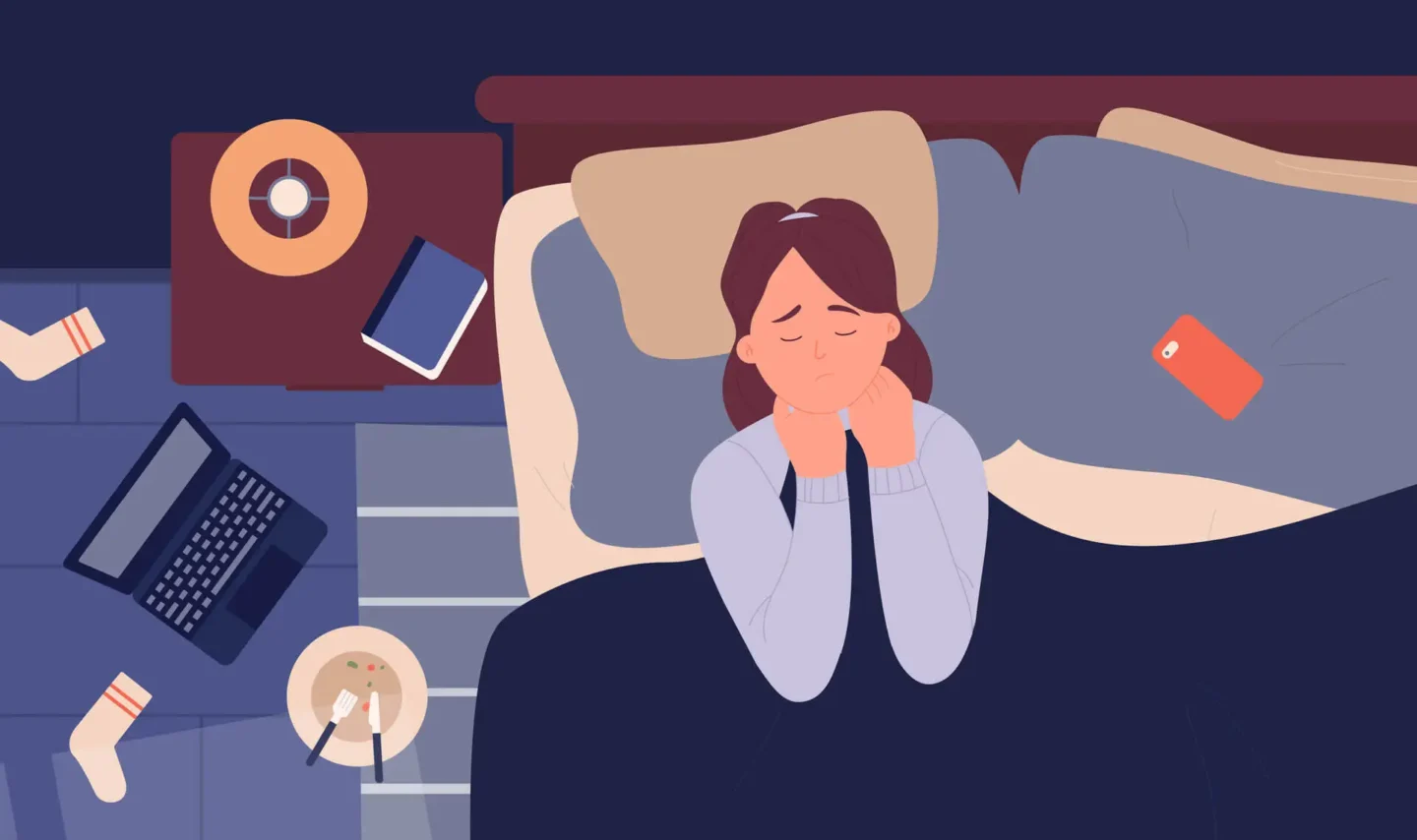Cognitive Behavioral Therapy, commonly known as CBT, is like the Swiss Army knife of the mental health world. It’s versatile, practical, and incredibly effective. Whether you’re dealing with anxiety, depression, or just the everyday stresses of life, CBT offers a toolkit of techniques to help you manage your thoughts and feelings. So, let’s dive into the question: “What are Some Cognitive Behavioral Therapy Techniques?” and explore some of its most popular techniques.
Understanding CBT: A Quick Overview
Before we jump into the techniques, let’s take a moment to understand what CBT is all about. Cognitive Behavioral Therapy is a type of psychotherapy that focuses on identifying and challenging negative thought patterns and behaviors. The idea is simple: by changing the way you think, you can change the way you feel and behave.
The Power of Thought: Cognitive Restructuring
One of the cornerstones of CBT is cognitive restructuring, also known as cognitive reframing. This technique helps you identify and challenge distorted thoughts that lead to negative emotions and behaviors.
Imagine you’re about to give a presentation, and you think, “I’m going to mess up, and everyone will laugh at me.” This thought is likely to make you feel anxious and might even cause you to avoid the presentation altogether. Cognitive restructuring involves recognizing this negative thought, questioning its validity, and replacing it with a more realistic and positive one. Instead, you might think, “I’ve prepared well, and even if I make a mistake, it’s not the end of the world.”

Behavior Activation: Getting Out and Doing Things
When you’re feeling down, it’s easy to fall into a cycle of inactivity and isolation. Behavioral activation is a CBT technique designed to break this cycle by encouraging you to engage in activities that bring you joy and satisfaction.
The idea is to schedule enjoyable and meaningful activities into your day, even if you don’t feel like doing them at first. This might include going for a walk, meeting a friend for coffee, or pursuing a hobby. By gradually increasing your activity level, you can boost your mood and start to break free from the grip of depression.
Exposure Therapy: Facing Your Fears
Exposure therapy is a CBT technique that helps you confront and overcome your fears. Whether you have a phobia, social anxiety, or PTSD, exposure therapy can be incredibly effective.
The process involves gradually exposing yourself to the feared object or situation in a controlled and safe manner. For example, if you’re afraid of dogs, you might start by looking at pictures of dogs, then progress to watching videos, and eventually, spend time with a friendly dog. The goal is to desensitize yourself to the fear and reduce your anxiety over time.
If you need an expert in Arlington Behavior Therapy, just give Elysian Psychological Services a call today! Our experts are more than happy to guide you with this journey.
Mindfulness: Staying Present in the Moment
Mindfulness is a powerful CBT technique that involves staying present and fully engaged in the moment. It’s about observing your thoughts and feelings without judgment and letting them come and go like passing clouds.
Mindfulness can be practiced through meditation, breathing exercises, or simply by paying attention to your daily activities. By cultivating mindfulness, you can reduce stress, improve focus, and develop a greater sense of calm and well-being.
Problem-Solving: Tackling Life’s Challenges
Life is full of challenges, and having effective problem-solving skills is crucial for navigating them. CBT includes problem-solving techniques that help you break down complex issues into manageable steps.
The process involves identifying the problem, brainstorming possible solutions, evaluating the pros and cons of each option, and then implementing the best solution. By approaching problems systematically, you can reduce feelings of overwhelm and increase your confidence in handling difficult situations.
Self-Monitoring: Keeping Track of Your Thoughts and Behaviors
Self-monitoring is a CBT technique that involves keeping a record of your thoughts, emotions, and behaviors. This can be done through journaling or using apps designed for tracking mental health.
By regularly monitoring your thoughts and behaviors, you can identify patterns and triggers that contribute to your emotional distress. This awareness is the first step in making positive changes and developing healthier coping strategies.
Relaxation Techniques: Easing Tension and Stress
Relaxation techniques are an essential part of CBT, especially for managing anxiety and stress. These techniques include deep breathing exercises, progressive muscle relaxation, and visualization.
For example, deep breathing involves taking slow, deep breaths to calm your nervous system. Progressive muscle relaxation involves tensing and then relaxing different muscle groups to release physical tension. Visualization involves imagining a peaceful scene to promote relaxation and reduce stress.
Cognitive Behavioral Homework: Practicing Skills Between Sessions
CBT doesn’t just happen during therapy sessions; it extends into your everyday life through cognitive behavioral homework. This involves practicing the skills and techniques you’ve learned in therapy in real-life situations.
Your therapist might assign you tasks such as keeping a thought diary, practicing relaxation exercises, or engaging in behavioral activation activities. You can reinforce your learning and make lasting changes by consistently applying these techniques.
Are you curious about “How Much Does Behavioral Therapy Cost?” Visit our blog page today to know more!

Socratic Questioning: Challenging Negative Thoughts
Socratic questioning is a technique used in CBT to challenge and reframe negative thoughts. It involves asking a series of guided questions to examine the evidence for and against a particular thought and to explore alternative perspectives.
For instance, if you have the thought, “I’m a failure,” your therapist might ask, “What evidence do you have to support this thought? Is there evidence against it? What would you say to a friend who had this thought?” This process helps you develop a more balanced and realistic view of yourself and your situation.
Conclusion: Empowering Yourself with CBT
Cognitive Behavioral Therapy offers a wealth of techniques that can help you manage your thoughts, emotions, and behaviors more effectively. Whether you’re dealing with anxiety, depression, or everyday stress, CBT provides practical tools to empower you on your journey to better mental health.
By incorporating techniques like cognitive restructuring, behavioral activation, exposure therapy, mindfulness, problem-solving, self-monitoring, relaxation techniques, cognitive behavioral homework, and Socratic questioning into your life, you can build resilience and improve your overall well-being.
Remember, CBT is a collaborative process, and working with a trained therapist can help you tailor these techniques to your specific needs. So, if you’re struggling, don’t hesitate to reach out for professional support. With the right tools and guidance, you can take charge of your mental health and lead a more fulfilling life. Ready to transform your mental well-being with proven techniques? Dive into the world of Cognitive Behavioral Therapy with Elysian Psychological Services and see real change. Our expert therapists are here to guide you through effective CBT strategies tailored to your needs. Don’t wait—take the first step toward a healthier, happier you today. Reach out to us now and start your journey with Elysian Psychological Services!


